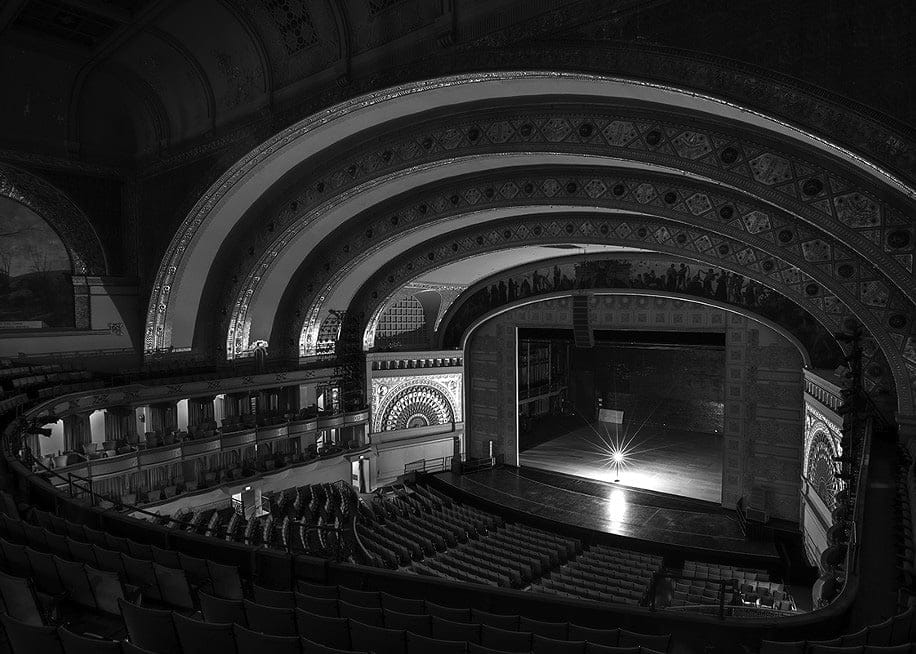One of the things I love about the theater is the chance to hear people’s stories each week. With a good play, I get to sit in a room with a whole new world of characters and see what makes each of them tick. What do they care about? What are they willing to fight for? What’s that moment when they say that thing that makes their partner lose it? What’s that thing from the past that still haunts them?
As a weekly practice, it’s fairly remarkable. You walk into a room with a bunch of strangers, you peer into the lives of a group of fictional people who, if the play is well constructed, are at the most extraordinary moment of their lives — and you see what they’ll stand up for. What do they care enough about to actually do something?
In our current moment in history, it’s that last bit that resonates so strongly for me. What are you willing to stand up for? What’s so central to your life, to your beliefs, to your happiness, or maybe to your very existence that when push comes to shove you’ll stand up? Or maybe it’s a question of speaking up in the silence. Like when someone says, “Who cares?” — you’re willing to bravely raise your hand?
I’m also thinking about those strangers who go to the theater with me. This isn’t me at home binge-watching three seasons of a show in a single sitting. There’s an accountability to being part of an audience. As surely as those actors on stage are breathing the same air I am, so is the couple sitting in front of me. We are here together experiencing this spectacle. It’s what makes a novel different from the theater. This isn’t just an experience in my head as I commune with words on the page, it’s a physical activity that’s taking up space — all that negative space between the actors and the audience and the very world we live in. We’re all experiencing this thing together and, in some way, we’re all accountable to one another.
All of this [gestures at everything that’s happening in the world] has me thinking about those things that matter to me, those things worth standing up for, and what our responsibility is as an audience (both politically and personally).
I’ll just be blunt, KCRW matters to me.
Every day, I have a moment with KCRW. Whether it’s in the car, on my phone, in the coffee shop that has it on the radio, when I’m pulling out of a parking garage and the person in the car next to me is listening to the same story or the same riff — it’s with me every day. I count on it.
I don’t know if you’re having the same experience I am with once trusted media institutions, or you’ve looked at the national literacy numbers, or the impacts of news deserts on political and civic participation — but it’s terrifying. Throw in AI and the way owners are playing leapfrog with editorial pages and it’s enough to make you want to throw up your hands.
I’m here to ask you to do something else. I ask you as a member of the audience to stand up for what’s important to you, to live up to your responsibility as an audience member, and to support KCRW. Support a local station that connects us, every day, to the world around us. That happens not just through our access to NPR, but through everyone who speaks to Madeleine on Press Play, or all the connections Steve makes during your afternoon drive, or the music that Novena turns you on to on Morning Becomes Eclectic, or the shows you hear about or the people you meet.
Whatever happens next, in this American drama of ours, seen through our particular Angeleno perspective, I want KCRW to be part of it. I want to know that I can rely on local public radio to help me make sense of it and get through it.
I want to know that when it mattered, I did something to help.
Join me, and support KCRW. If you’re already a member, thanks, and, if you can, consider an extraordinary donation. If you’re not, and you’re reading this, now’s the moment to join.
This is Anthony Byrnes Opening the Curtain on LA Theater for KCRW.
